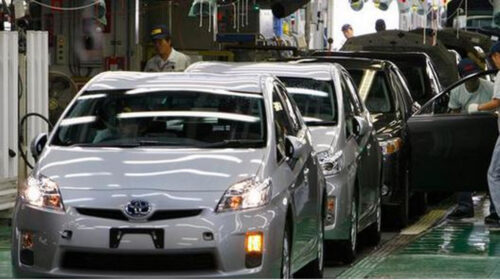Several countries have announced their plans to make their transport sectors fully electric in a bid to reduce CO2 emissions. The Government of Pakistan has also joined the mission, offering various incentives to the electric vehicles (EVs) segment for its normalization in the country.
However, the policy has been spurned by several industry experts, including the CEO of Lucky Motor Corporation, Asif Rizvi, who called Pakistan’s EV Policy a “fashion statement” for lacking direction.
He told Business Recorder that Pakistanis have limited means to afford cars and the government’s main focus should be ensuring the availability of cheap vehicles for a majority of buyers.
He acknowledged that EVs are the future of transportation until hydrogen fuel becomes available on a commercial scale, but Hybrid Vehicles have become obsolete.
The EV policy is considered important because it is aimed towards reduce emissions but [an EV] will cost upwards of Rs. 7-8 million. This category of buying power is extremely small. Currently, the number of cars that are sold costing around or above that price range are no more than 5 percent. If we take last year’s market of 220,000 vehicles sold, and assume an EV penetration of 3-4 percent (global penetration of EV is 6%), it is a total of 8,000 vehicles. Such volumes cannot have any significant impact on the environment, not even in the mid to long term due to market and cost dynamics.
He added that the EV policy lacks clarity and is doomed to fail as it is not likely to catch on with the masses due to high costs, which means that it will have little to no impact on the country’s climate.
Rizvi remarked that the government should focus on the electrification of commercial vehicles and public transport, which run for longer hours and produce more pollution than private passenger cars. Additionally, the electrification of this segment will yield much greater benefits.





